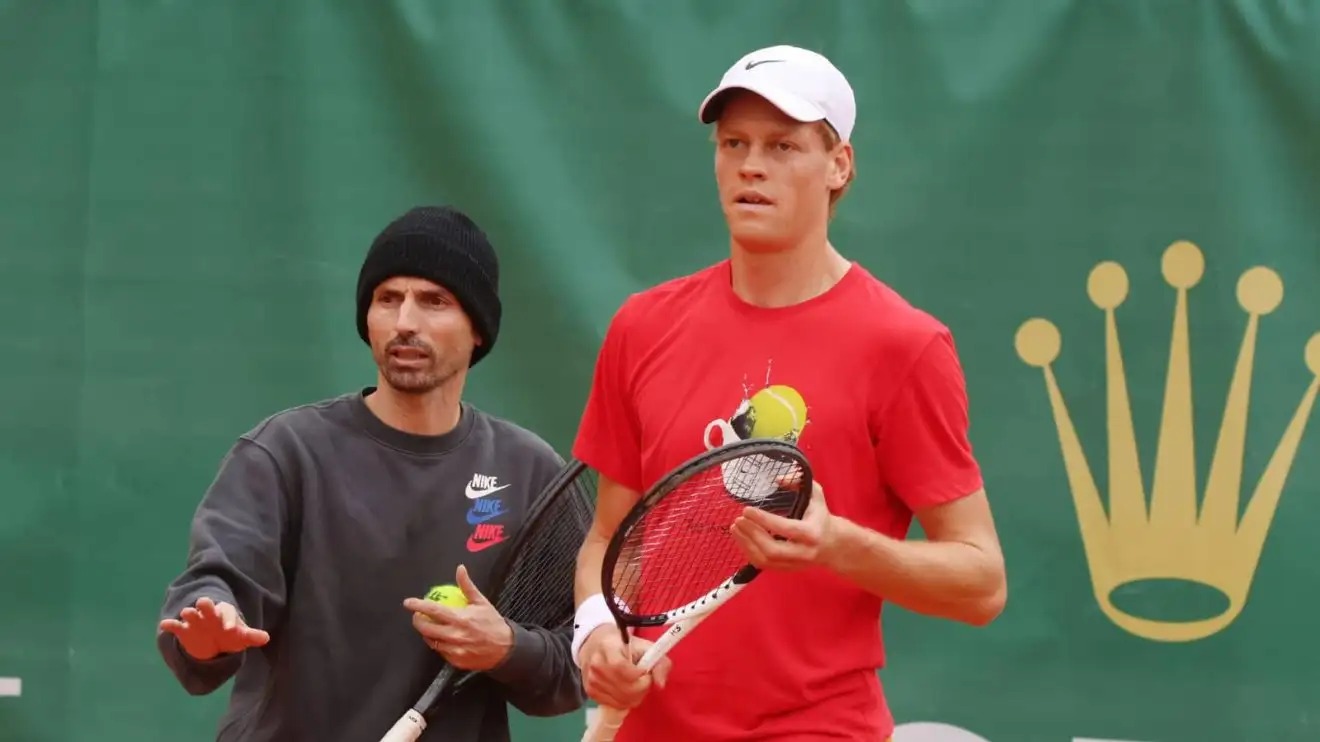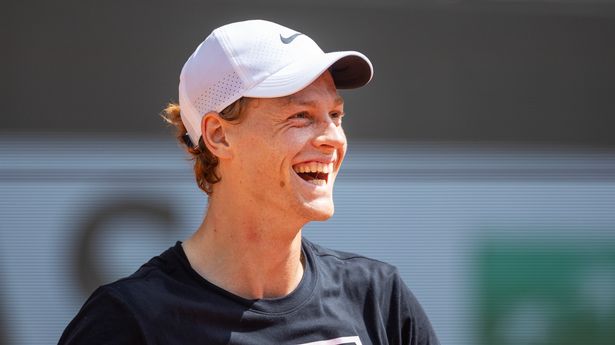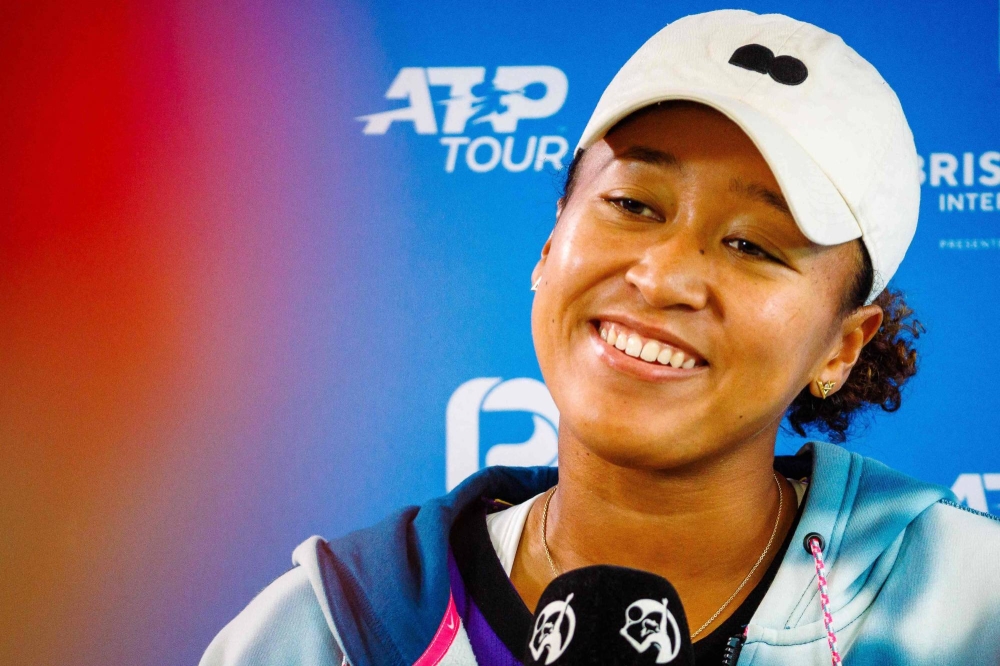In the world of professional tennis, relationships between players and their coaches are often delicate and pivotal for the athlete’s performance and growth. This fragility was recently highlighted when Simone Vagnozzi, the head coach of rising Italian tennis star Jannik Sinner, announced his departure. This decision marks the end of a significant chapter in Sinner’s career, as the young athlete faces a crucial period of transition and adaptation.
Simone Vagnozzi’s announcement came as a shock to many in the tennis community. Having guided Sinner through critical phases of his career, Vagnozzi was seen as an integral part of the team. The partnership between Vagnozzi and Sinner began with high hopes and considerable expectations. Under Vagnozzi’s guidance, Sinner climbed the ATP rankings, showing promise and potential that excited fans and analysts alike. However, the relationship was not without its challenges.
In his statement, Vagnozzi cited “incomprehensions” as the primary reason for his departure. This term, though vague, suggests a series of underlying issues and communication breakdowns that could not be resolved. The specifics of these misunderstandings remain undisclosed, but it is clear that they were significant enough to prompt Vagnozzi to step down.
Such departures are not uncommon in the high-stakes world of professional sports, where the pressures of competition, differing visions for the future, and personal dynamics can create friction. In this context, it is essential to acknowledge the tremendous strain placed on both the athlete and the coach. The decision to part ways is rarely easy, as it involves reassessing goals, strategies, and the overall direction of the player’s career.
For Jannik Sinner, this development is particularly impactful. As a young player with immense potential, the stability and expertise of a trusted coach are crucial. Vagnozzi’s departure means Sinner will need to find a new coach who can provide the guidance and support necessary for his continued growth. This transition period will be a test of Sinner’s resilience and adaptability, qualities that are vital for success at the highest levels of the sport.
The end of the Sinner-Vagnozzi partnership also raises questions about the future trajectory of Sinner’s career. While he has already achieved considerable success, including several ATP titles and deep runs in major tournaments, the next phase of his development will be critical. Finding the right coach will be paramount to ensure that he can build on his current achievements and continue to progress.
For Simone Vagnozzi, the departure opens a new chapter as well. His experience and track record make him a valuable asset to any player or team. Whether he takes on a new coaching role or pursues other opportunities within the sport, Vagnozzi’s expertise will undoubtedly continue to influence the tennis world.
In the end, the dissolution of the coach-player relationship between Simone Vagnozzi and Jannik Sinner is a reminder of the complexities inherent in professional sports. It underscores the importance of communication, mutual understanding, and alignment of goals. As both Sinner and Vagnozzi move forward, their paths will be watched closely by fans and analysts, eager to see how they navigate the challenges and opportunities that lie ahead.
This moment marks the conclusion of a significant era for Jannik Sinner, but also the beginning of a new phase filled with potential and possibilities. How he and his new team handle this transition will be crucial in shaping the future of one of tennis’s most promising talents.



